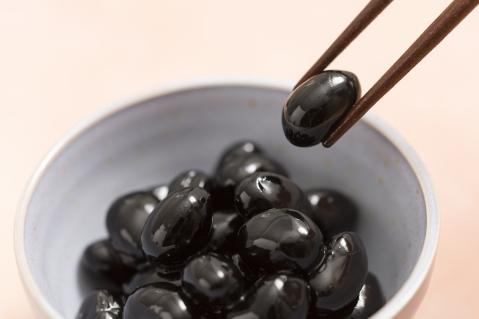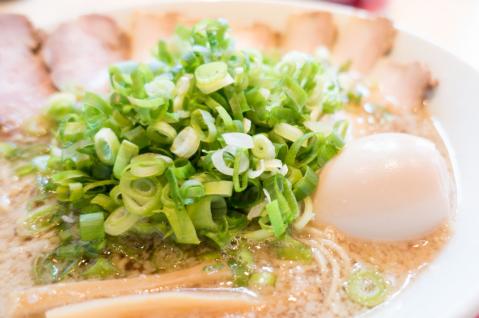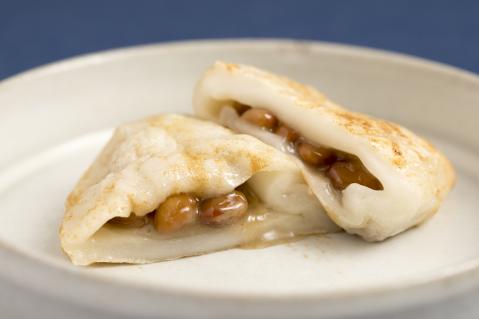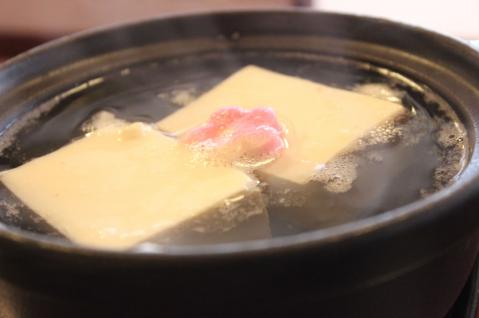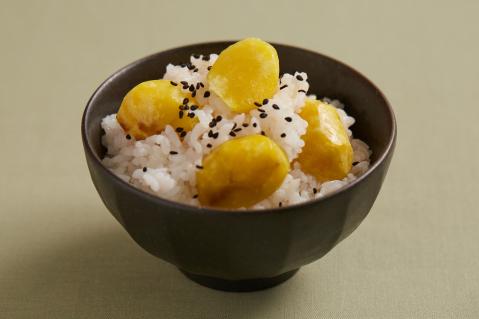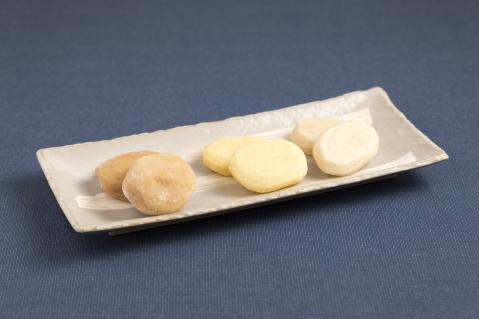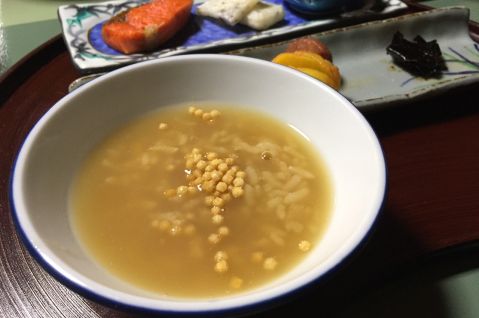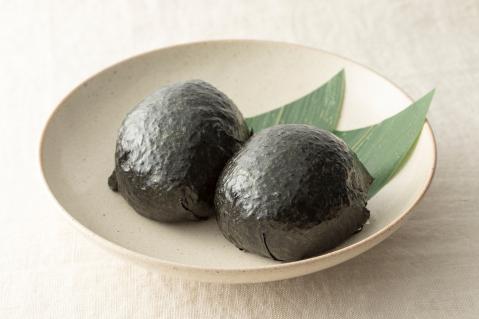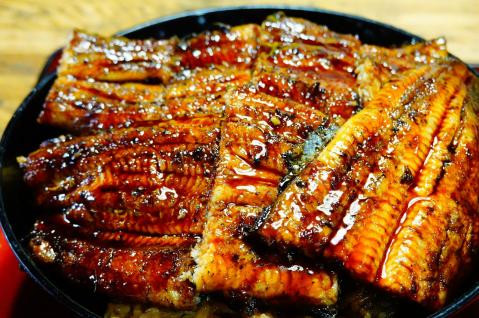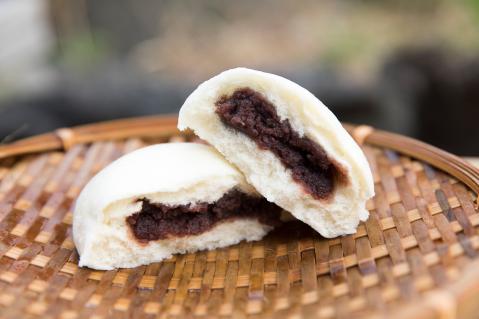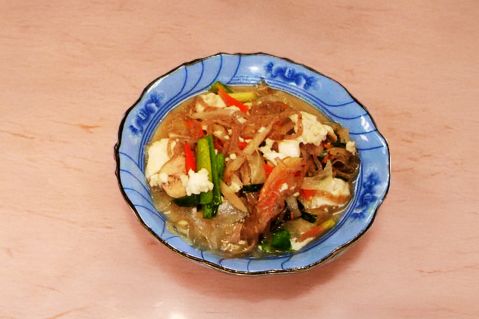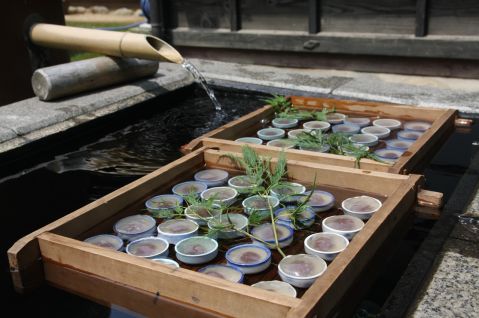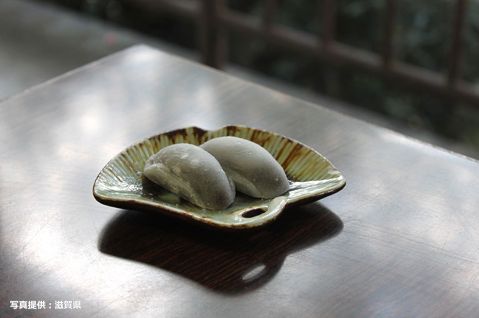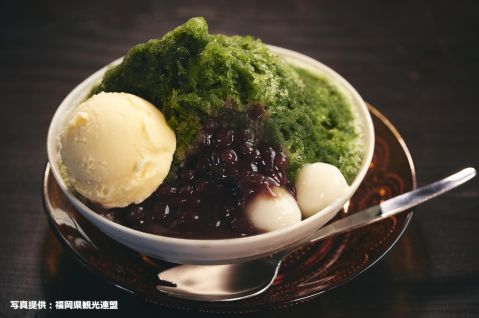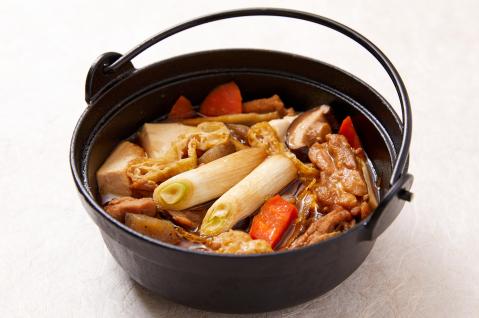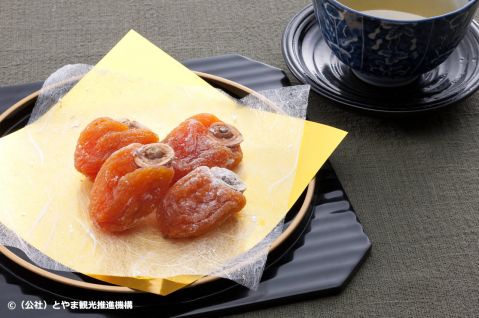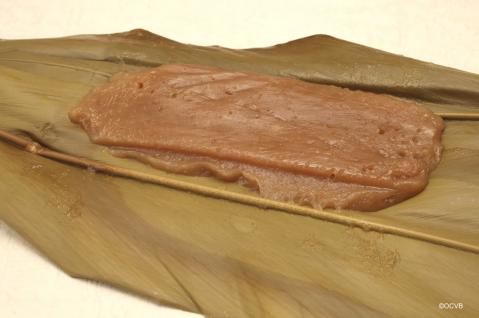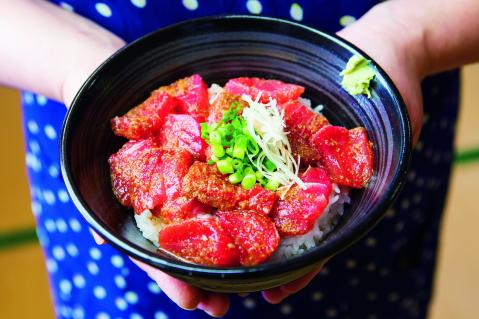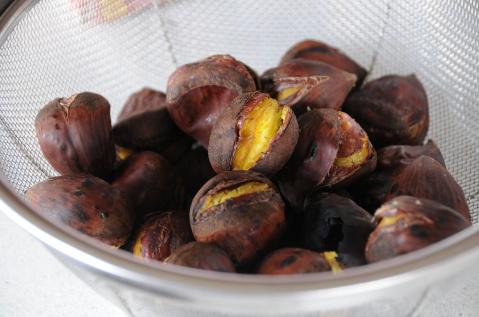Kamo Eggplant Dengaku
A Kyoto delicacy with the elegance and taste befitting the "Queen of Eggplants"
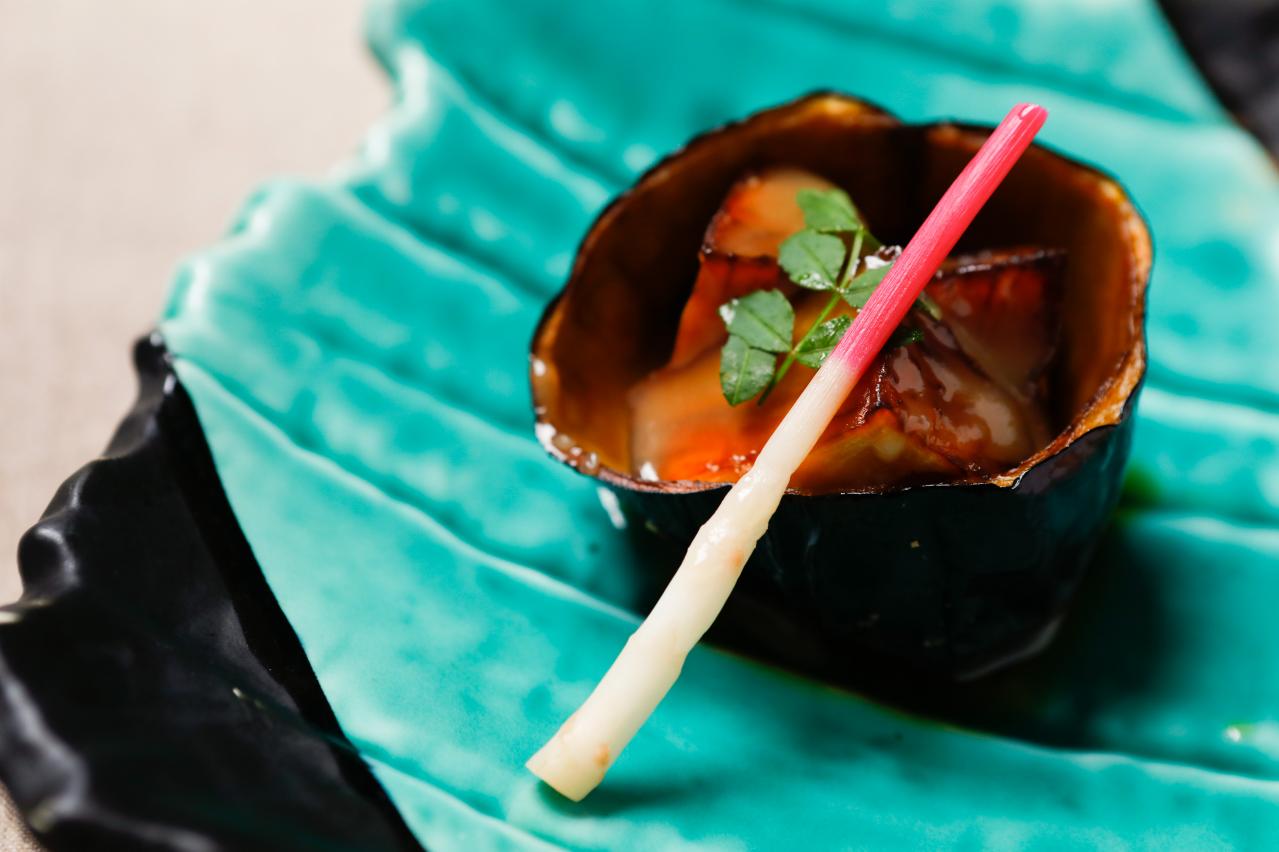
About Kamo Eggplant Dengaku
Among Kyoto's traditional vegetables, Kamo eggplant (賀茂なす, Kamo nasu) stands out as a favorite. Recognizable by its round shape exceeding 10 cm (4 inches) in diameter, it has a firm texture, substantial weight, and a rich flavor that remains intact even after cooking, earning it the nickname "Queen of Eggplants."
It is said that the name originated when Kamo eggplants, first cultivated in Serikawa Village in Shimogamo, were brought north to Kamigamo and became widely grown there. The Kamigamo area is flanked by the Kamo River to the west and the Takano River to the east, forming a fertile alluvial fan ideal for vegetable production. In addition to Kamo eggplant, the region was historically known for cultivating other traditional vegetables like suguki pickles.
Kamo eggplant is a challenging vegetable to grow. It produces only half the fruit of a regular eggplant plant, and each fruit is prone to color fading or cracking. Despite these difficulties, its distinct qualities make it highly prized.
A signature dish that highlights the taste of Kamo eggplant is "Kamo Eggplant Dengaku." The vegetable's dense flesh pairs wonderfully with oil, and when cooked slowly, it retains a delightful firmness and depth of flavor. The harvest season ranges from early summer in May through early autumn, and it is cherished locally as a classic summer delicacy. While some Kamo eggplants can weigh over 1 kg (2.2 pounds), the medium-sized ones, weighing around 250-300 grams, are the most commonly available in stores.
To prepare Kamo Eggplant Dengaku, thick slices of the eggplant are gently fried or roasted in a generous amount of oil until tender on the inside. The dengaku miso topping is made by simmering miso with sake, mirin, and sugar until slightly thickened. Spoon the miso over the cooked eggplant slices and enjoy the dish as is, or lightly broil the surface for an aromatic, caramelized finish. While Kyoto's signature white miso is often used, red miso is another option, offering a contrasting flavor profile. Using both types of miso allows you to appreciate their unique tastes. Enhance the dish with toppings like sansho leaves, sesame seeds, or poppy seeds for added texture and character.
Even today, when summer brings Kamo eggplants to market, households across Kyoto prepare this beloved dish. Families vary their cooking methods—roasting or deep-frying the eggplant, or customizing the flavor of the dengaku miso to their liking. The dish is also a popular feature on restaurant menus, embodying the essence of Kyoto's culinary heritage.
Related videos
Reviews
There are no reviews yet.
Regional cuisine of Kyoto region
Japanese Cuisine - Local cuisine
Kind of food
Recommended
-
![Hashirii Mochi]()
Hashirii Mochi
Shiga / >Local cuisine -
![Simmered Black Soybeans]()
Simmered Black Soybeans
Kyoto / >Local cuisine -
![Yame Tea Sweets]()
Yame Tea Sweets
Fukuoka / >Local cuisine -
![Jabu]()
Jabu
Tottori / >Nabe dish -
![Toyama Dried Persimmons]()
Toyama Dried Persimmons
Toyama / >Local cuisine -
![Muuchii]()
Muuchii
Okinawa / >Local cuisine -
![Hyuga Don]()
Hyuga Don
Oita / >Don dish -
![Roasted Chestnuts]()
Roasted Chestnuts
Ibaraki / >Local cuisine

